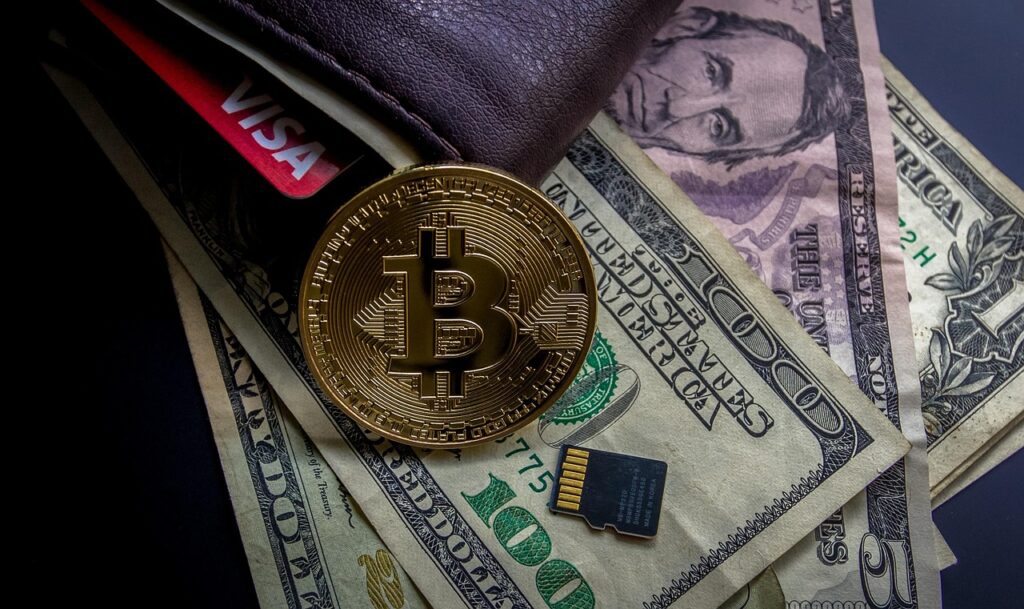Table of Contents
- 1 How Blockchain is Reshaping India’s Financial Sector
- 2 Why Blockchain Matters in Finance
- 3 The Indian Financial Sector’s First Steps with Blockchain
- 4 Real-World Blockchain Success Stories in India
- 5 📍 Case Study 1: Karnataka Government’s Web 3.0 Initiative
- 6 💼 Case Study 2: Banks Partnering for Blockchain
- 7 The Road Ahead: Blockchain’s Future in Indian Finance
- 8 But It’s Not All Smooth Sailing
- 9 Final Thoughts
How Blockchain is Reshaping India’s Financial Sector
In the ever-evolving landscape of digital innovation, blockchain technology stands out as a true game-changer, especially for the financial sector. Known for its decentralized, secure, and transparent nature, blockchain is transforming how we think about money, value exchange, and trust in financial transactions. And while the global financial industry is embracing this tech at lightning speed, India is quickly catching up.
From streamlining operations to enhancing security and improving customer experience, blockchain is poised to make a massive impact on India’s financial ecosystem. Let’s dive into how this revolutionary technology is unfolding in the Indian financial sector and the exciting developments already underway.
Why Blockchain Matters in Finance
At its core, blockchain is a digital ledger that records transactions in a secure, immutable, and transparent way. This means it cuts out the middleman, reducing costs, minimizing errors, and lowering the risk of fraud.
In the financial sector, this translates to:
- Faster and cheaper transactions
- Automated processes through smart contracts
- Real-time fund transfers
- More secure data handling
Globally, banks and financial institutions are already leveraging blockchain. And now, India’s financial powerhouses are stepping into the game.
The Indian Financial Sector’s First Steps with Blockchain
While adoption of blockchain in India is in its early stages, momentum is building rapidly. Major Indian banks such as the State Bank of India, ICICI Bank, and HDFC Bank are piloting blockchain to drive innovation and operational effectiveness.
These pioneers are investing in distributed ledger technology (DLT) to improve everything from the speed of settling transactions to data security and customer experience. The aim? To make finance faster, safer, and more inclusive.
Real-World Blockchain Success Stories in India
📍 Case Study 1: Karnataka Government’s Web 3.0 Initiative
Blockchain isn’t just for banks—governments are also tapping into its potential. The Karnataka government, in collaboration with the National Informatics Centre (NIC), launched a Web 3.0 initiative to pilot blockchain-based solutions in two key areas:
- Land Records Management (Chikkaballapur district): Blockchain is being used to create tamper-proof records of land ownership, helping reduce fraud and corruption.
- Educational Certificate Verification (Tumkur district): Educational certificates are being digitized and secured on the blockchain, making it easier for citizens to verify their qualifications.
If successful, this initiative could pave the way for blockchain in other government services like birth/death certificates, social security, and property taxes.
💼 Case Study 2: Banks Partnering for Blockchain
On the banking side, institutions are teaming up with global players. The State Bank of India, for instance, partnered with JP Morgan to adopt its blockchain platform. Similarly, Axis Bank, ICICI Bank, and Yes Bank joined JP Morgan’s Interbank Information Network, aimed at enhancing cross-border payments using blockchain.
These partnerships signal a clear direction: Indian banks are serious about blockchain.
The Road Ahead: Blockchain’s Future in Indian Finance
The potential of blockchain to transform India’s financial system is vast. Here’s what’s on the horizon:
- Faster money transfers with fewer intermediaries
- Enhanced fraud detection and prevention through tamper-proof records
- Increased financial inclusion, especially for the unbanked
- Wider adoption of cryptocurrencies and digital assets
- Smarter contracts for loans, insurance, and more
With the right infrastructure, India could leapfrog into a new era of digital finance.
But It’s Not All Smooth Sailing
Of course, no new technology comes without its hurdles. Blockchain adoption in India faces a few challenges:
- Scalability and performance issues
- Lack of clear regulations around crypto and DLT
- Privacy and security concerns in data handling
- General awareness and education gaps
Still, the consensus is clear: the potential benefits far outweigh the risks. With proper regulation and continued investment, blockchain could become the backbone of India’s financial infrastructure.
Final Thoughts
Blockchain is more than just a buzzword—it’s a powerful tool that’s already reshaping how India approaches finance, governance, and digital innovation. From banks adopting DLT to governments piloting blockchain in public services, we’re witnessing the early stages of a financial revolution.
The coming years will be decisive. With an appropriate combination of policy, technology, and cooperation, India’s financial services can become a world leader in blockchain innovation.














